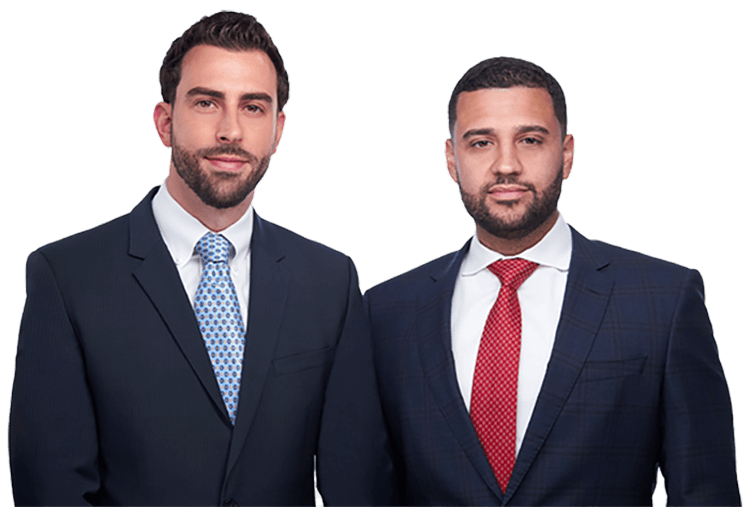Accidents that cause brain injuries usually require victims to receive physical therapy as part of their medical treatment. Knowing the type of brain injury that you or a Florida loved one may have sustained is crucial in determining the right course of medical attention, along with assessing damages you could seek in a lawsuit when the accident was caused by the negligence of another party.
The three types of brain injuries
The three classifications of brain injuries are a traumatic brain injury (TBI), a hypoxic brain injury and an anoxic brain injury. TBIs receive much attention because of their frequency in motor vehicle accidents and other incidents. They result from sudden trauma when the head violently collides with something or an object penetrates the skull. Mild TBIs include concussions and generally need little treatment. However, severe TBIs can require physical, occupational, or speech therapy, plus psychological and social support.
Hypoxic and anoxic brain injuries are not as well known, but both involve the brain’s oxygen supply. When the oxygen supply is severely diminished but not completely cut off, a hypoxic injury can occur. Cardiac arrest, strangulation or other systemic interruptions can reduce oxygen supply. Anoxic injuries happen when the oxygen supply is completely cut off. Hypoxia can result in psychological, neurological, and physical abnormalities, while anoxic injuries result in impaired memory, attention, and slower mental processing.
Brain injuries can change the course of your life
Brain injuries frequently result from the negligence of others. TBIs can occur under many circumstances, including premises mishaps and car crashes. Medical errors resulting in a lack of oxygen, or incidents involving attempted drowning can also cause brain injuries.
Filing a claim against a negligent person or the perpetrator of a crime resulting in a brain injury can help pay for treatment. Make sure you have thorough records backing your claim.

